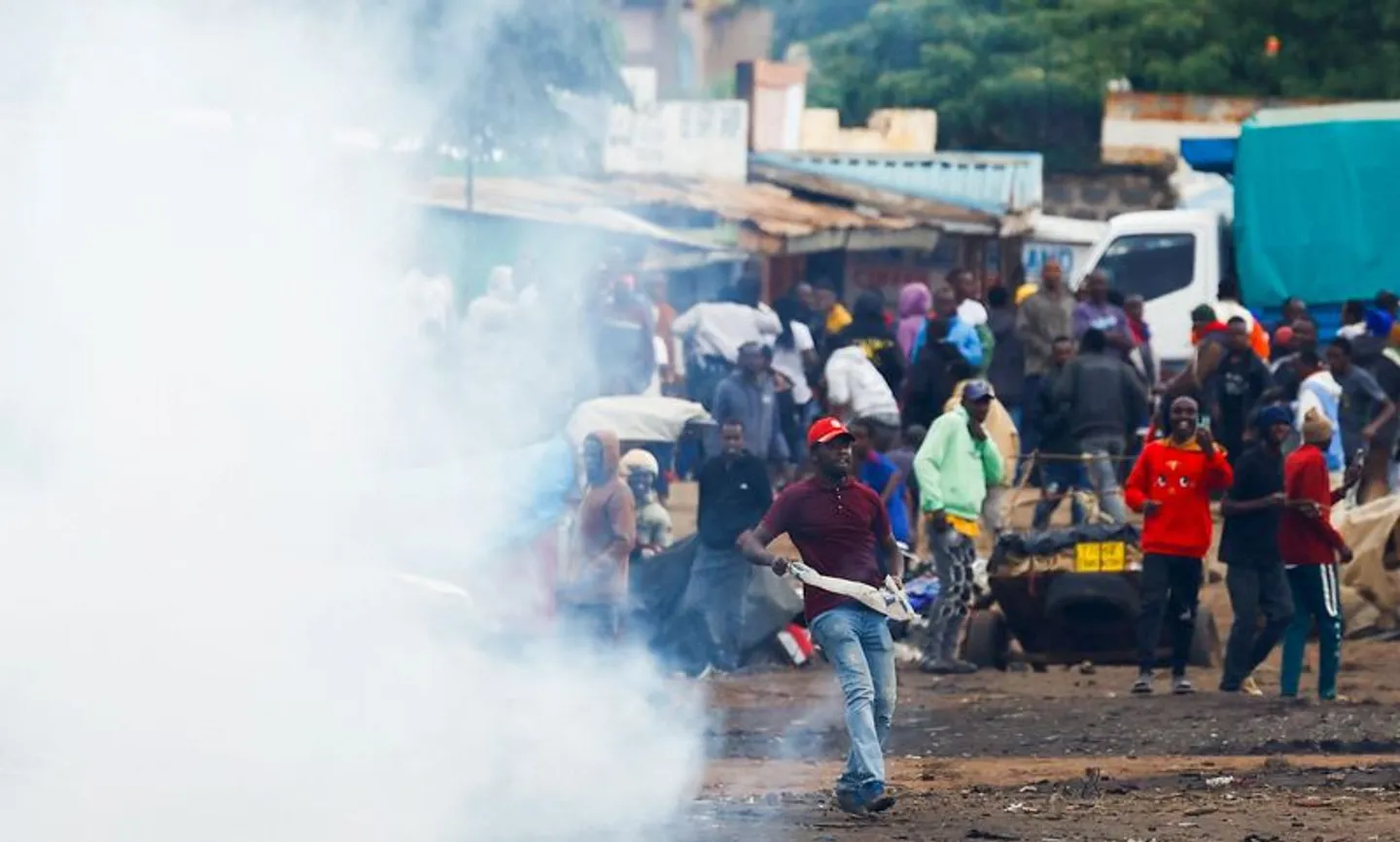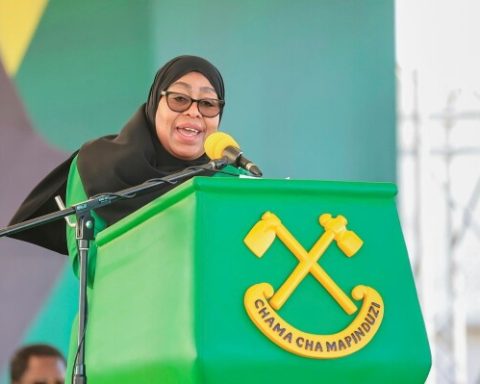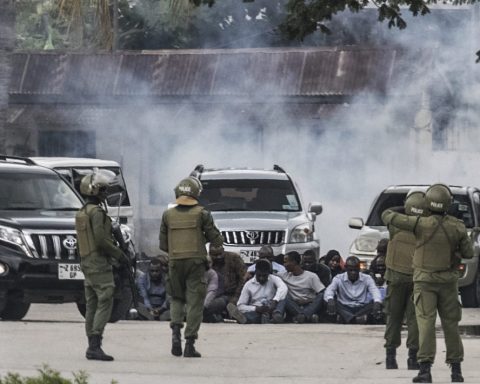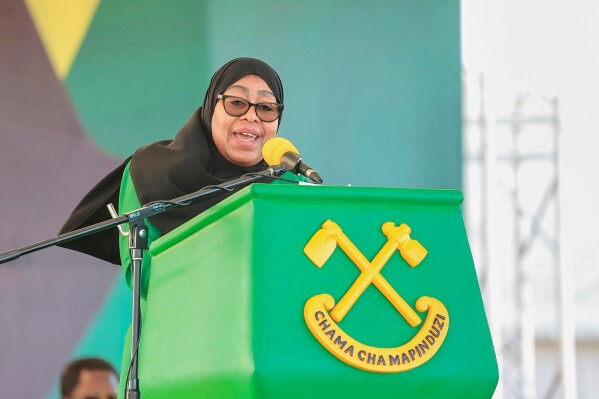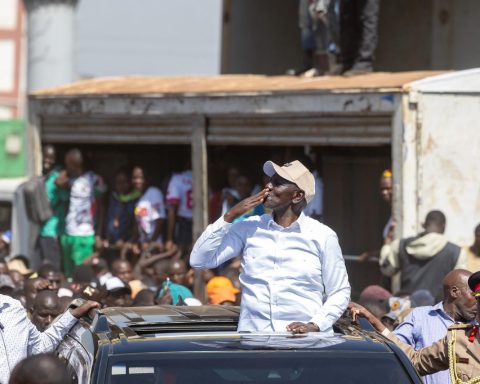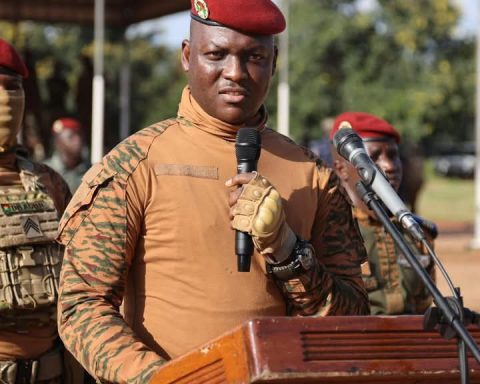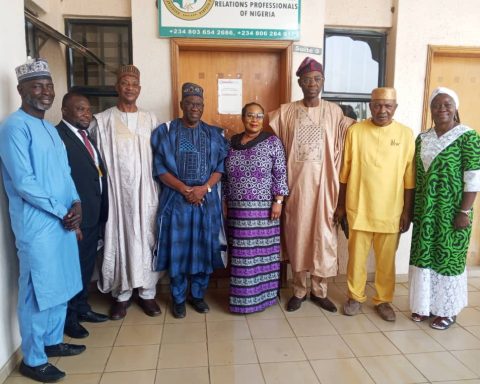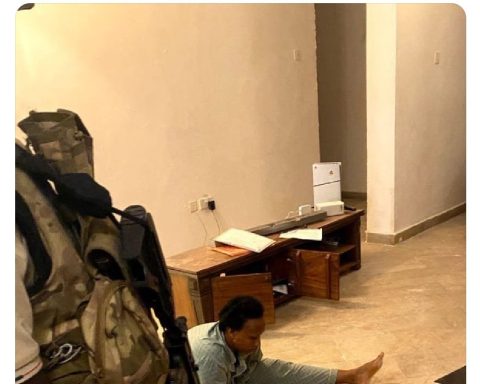The governments of Norway, the United Kingdom, and Canada have expressed deep concern over escalating violence in Tanzania following the country’s general elections held on October 28 and 29.
In a joint statement, the foreign ministers of the three countries said they were “concerned by credible reports of a large number of fatalities and significant injuries” resulting from the security response to protests that erupted after the vote.
Join our WhatsApp Channel“We urge the authorities — as previously discussed with the Ministry of Foreign Affairs — to act with maximum restraint and respect the right of assembly and freedom of expression,” the statement read.
The ministers also voiced concern about the conduct of the election, which they said was marked by “harassment, abductions and intimidation of opposition figures, journalists and civil society actors.”
They called on the Tanzanian government to uphold its obligations under international law and to ensure that all citizens can participate freely and safely in public life.
“The governments of Canada, Norway, and the United Kingdom remain committed to seeing Tanzania maintain peace, democracy, and respect for human rights,” the statement added.
Protests broke out across several regions on October 29, a day after the polls closed, amid allegations of vote rigging, the disqualification of key opposition candidates, and the detention of political activists. Demonstrations that began peacefully quickly turned violent as security forces moved in to disperse crowds.
According to the United Nations Office of the High Commissioner for Human Rights (OHCHR), at least 10 people have been killed in Dar es Salaam, Shinyanga, and Morogoro after police used live ammunition and tear gas against demonstrators. The UN said it was “alarmed by the deaths and injuries that have occurred in the ongoing election-related protests” and urged authorities to “refrain from using unnecessary or disproportionate force, including lethal weapons.”
READ ALSO: Tanzania’s Hassan Declared Winner in Disputed Election as Unrest and Blackout Persist
The UN also reported that Tanzania has imposed a nationwide curfew and restricted internet access since election day, without official explanation. Opposition leaders have claimed the death toll is far higher, alleging that hundreds have been killed in clashes with security forces. Al Jazeera quoted Chadema party officials as estimating more than 700 deaths, though the figures could not be independently verified.
Government officials have rejected those claims as exaggerated. Foreign Minister Mahmoud Thabit Kombo told Reuters that the authorities were still compiling official casualty figures and insisted the situation was “under control.”
The UN, Western governments, and rights groups have called on Tanzania to allow peaceful assembly, restore full internet connectivity, and launch independent investigations into reports of excessive use of force.
UN Secretary-General António Guterres has urged Tanzanian authorities to “ensure accountability for any violations” and to protect citizens’ rights to express themselves freely.
“The post-election period must not become a justification for the erosion of civil liberties,” said UN human rights spokesperson Seif Magango in a statement from Geneva and Nairobi.
The October 28 general election — held to choose a president and members of parliament — was Tanzania’s first major national vote since 2020. However, observers say it was conducted in an atmosphere of repression.
Prominent opposition figures, including Chadema’s Tundu Lissu, were barred from contesting after being disqualified by the electoral commission.
Several others were detained in the run-up to the vote. Critics say these moves all but guaranteed victory for President Samia Suluhu Hassan, who succeeded John Magufuli in 2021 and was seeking a new mandate.
While the National Electoral Commission has yet to publish full results, the ruling Chama Cha Mapinduzi (CCM) party has declared victory. Opposition parties have rejected the outcome, calling it “a sham election” and demanding a rerun under international supervision. Most stable democracies is at stake.”
As protests enter their fourth day, uncertainty looms over the country’s political future. Rights groups warn that continued repression could further polarize Tanzania and deepen mistrust between citizens and the state.



